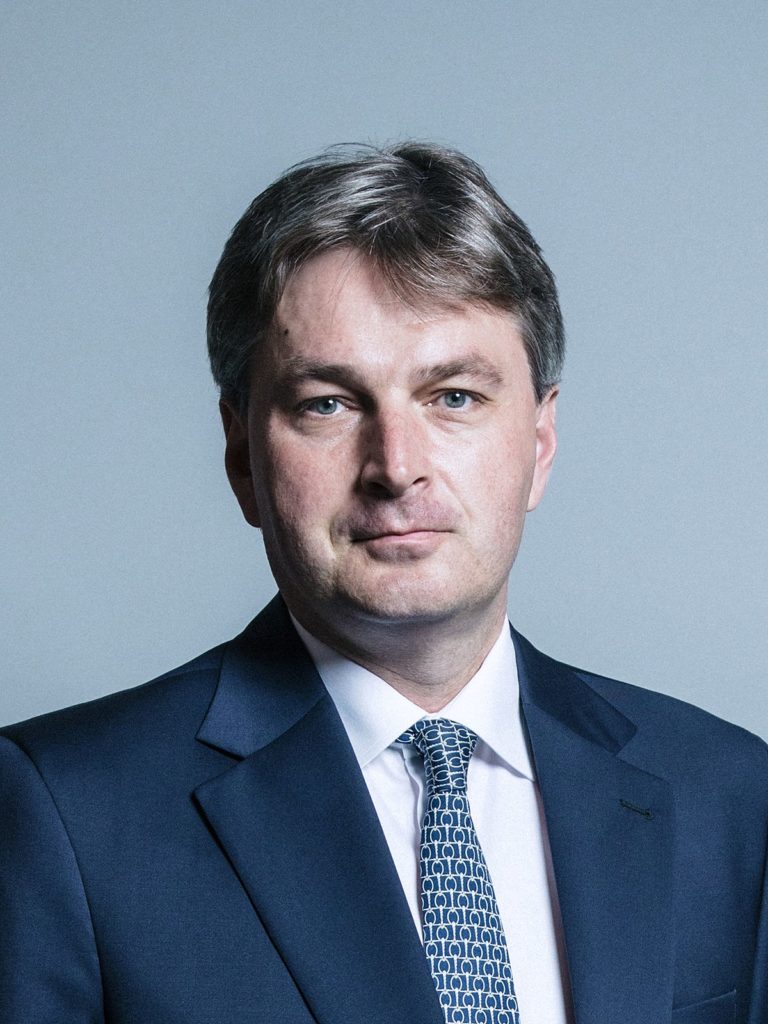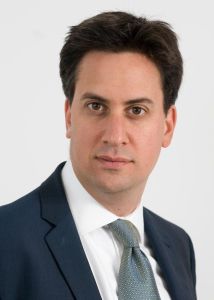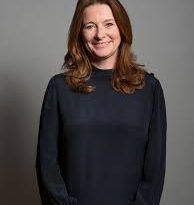Daniel Kawczynski – 2022 Speech on the West Balkans and the Council of Europe
The speech made by Daniel Kawczynski, the Conservative MP for Shrewsbury and Atcham, in the House of Commons on 16 November 2022.
In the brief time that I have, I will focus my comments purely on our relations with Albania, a country that I visited earlier this year with my hon. Friend the Member for Cleethorpes (Martin Vickers), who is the chairman of the all-party parliamentary group on Albania. I pay tribute to him for his professionalism in conducting that trip and in managing the APPG.
There is no doubt that there is growing controversy over illegal crossings over the English channel, but how we treat the existing Albanian diaspora here in the United Kingdom is very important and a key indicator of how we develop our relations with Tirana.
I am the sole Conservative Member of Parliament who was born in eastern Europe—I was born in Poland—so our relations with central and eastern Europe, including the Balkans, are of particular interest to me. I remember coming to this country for the first time, escaping communism with my family in October 1978, as a six-year-old child. I remember the tremendous warmth, kindness and hospitality that we were shown when we came to this country for the first time. That is what characterises British people and this country. That is what we are known for around the world—the way in which we treat people of different faiths, religions, backgrounds and other characteristics.
When Poland joined the European Union in 2004, there was a huge movement of people from that country to the United Kingdom. I remember that at the time the BBC and others whipped up hysteria about the huge numbers of Poles coming to this country, so much so that as I went around the United Kingdom meeting members of the Polish diaspora, I saw and heard evidence of racist attacks, abuse and intimidation of those hard-working Poles who had come to this country to contribute. It was because of the narrative that had been created by the media, by the BBC and by the newspapers. I felt so passionately at that time that I went on “Newsnight” and on Radio 4, and I challenged the media about their conduct, asking why they were focusing so much on people from one specific nation.
Of course we want to control migration, of course we want to control our borders, and of course we want to ensure that migration works in the interests of the United Kingdom. But if history has taught us one thing, it is that focusing on one particular type of people, or on a particular nationality, is a very dangerous thing for any society. And to blame that one particular group of people for the ills and difficulties that the nation is going through is the thin end of the wedge, and something that history has taught us repeatedly is extremely problematic.
I believe that Albanians in the United Kingdom are facing the same pressure that the Poles went through in the early 2000s—actually, perhaps even more so. I have come across cases in my constituency of Shrewsbury of young children of Albanian origin being bullied at school and experiencing racist abuse. Last week, I met Albanian citizens on Westminster bridge who were peacefully demonstrating and holding up their Albanian flags and saying, “I’m a carpenter”, “I’m a nurse”, “I’m a doctor”, “I’m a schoolteacher”, and, “We’re here and we’re contributing to the United Kingdom. We love this country. And yet the media portrays us all as criminals and part of some nefarious type of nationality that is here purely to take advantage of the British and to be criminals.”
I was very moved and touched by what I heard on Westminster bridge from those hard-working people. The demonstration that I saw last week on Westminster bridge is very different from how the event was characterised in The Mail on Sunday, which tried to portray those demonstrators as a marauding mob, hell-bent on creating violence. That is not what I saw on Westminster bridge. People like Mr Farage, who try to whip up this sort of anti-Albanian hysteria through the pages of The Mail on Sunday, should be very careful about what they are doing.
I want to raise a radio interview that my right hon. Friend the Member for North Thanet (Sir Roger Gale) had with Jeremy Kyle. For me, Jeremy Kyle is the epitome—the personification—of that vilification and that “baying to the mob” mentality. He tries to create division and tension in order to sell his agenda and vilify this diaspora. I was proud of my right hon. Friend when he described Jeremy Kyle’s comments as “emotive, corrosive, offensive drivel”. I agree with him entirely. To characterise a whole nation in that way is wrong.
We all want to destroy the business model of criminal gangs, but we must not pick on the Albanians. I urge the Home Secretary to focus on the task ahead of her, and to be careful with the language that she uses. Certainly, some of the Albanian residents that I met on Westminster bridge expressed concern to me about the characterisation of them by certain politicians in this House. I recognise and celebrate the helpful contribution of Albanians.
Finally, my constituent, Arlinda Ballcaj, has joined Shrewsbury Conservatives; she does a tremendous amount of work to help me with my local party in Shrewsbury. She was the first citizen of Albanian origin to stand for Shrewsbury Conservatives as a council candidate. I am very proud of her. Unfortunately, she lost the seat. When I sat down with her, we both cried about the vilification that she came under, the racist abuse that she received and the conduct of some of the other candidates towards her. It was an emotional experience. I do not want any candidate to go through that sort of abuse. I very much hope that all of us in this House bear in mind my key message today: let us tackle the criminal gangs, but let us be very careful about how we treat the Albanian diaspora. They are here, and in the main they are hard-working, decent people who make a tremendous contribution to the United Kingdom.



